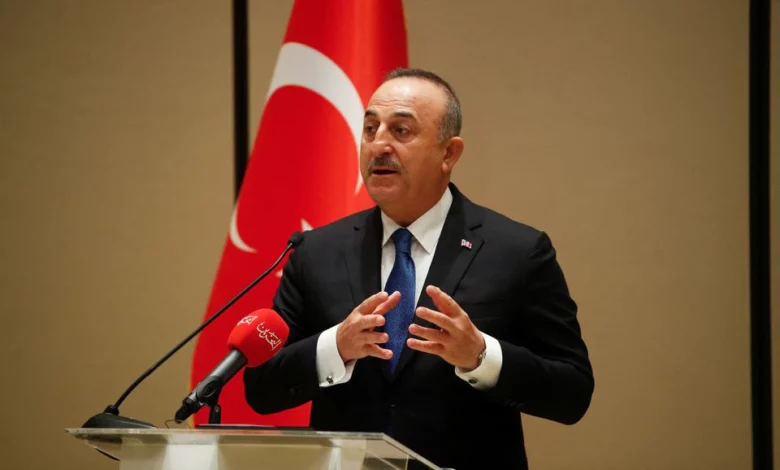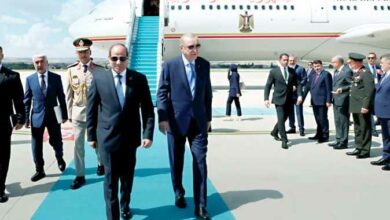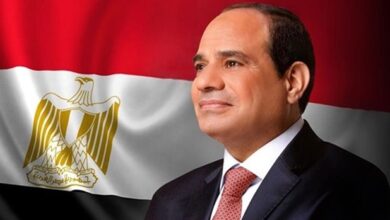
ANKARA, Feb 8 (Reuters) – Turkey will not turn its back on its commitment to a Palestinian state in order to broker closer ties with Israel, Foreign Minister Mevlut Cavusoglu said on Tuesday, ahead of a planned visit by Israeli President Isaac Herzog next month.
The two countries expelled their ambassadors in 2018 after a bitter falling-out and relations have remained tense but Ankara has taken steps to mend strained regional ties, including with Israel.
Turkish President Tayyip Erdogan said Herzog would visit Turkey in mid-March, the first such trip in years, adding the two countries could discuss energy cooperation. read more
Ankara, which supports a two-state solution to the Israeli-Palestinian conflict, has condemned Israel’s occupation of the West Bank and its policy towards Palestinians, while Israel has called on Turkey to drop support for the militant Palestinian group Hamas which runs Gaza.
Speaking to reporters in Ankara, Cavusoglu said a potential normalisation between Turkey and Israel may boost Ankara’s role in finding a two-state solution, but said Ankara would not compromise on its stance.
“Any step we take with Israel regarding our relations, any normalisation, will not be at the expense of the Palestinian cause, like some other countries,” Cavusoglu said, referring to the rapprochement between Israel and some Gulf countries that has angered Turkey.
“Our position there is always clear,” he added. “These ties normalizing a bit more may increase Turkey’s role regarding a two-state solution as well, as a country that will be in touch with both countries, but we will never turn back on our core principles.”
Gulf states that have established ties with Israel have sought to reassure the Palestinians that their countries are not abandoning the quest for statehood, despite Palestinian leaders having decried the deals as a betrayal of their cause
While Erdogan has spoken to Herzog before during the tensions, the Israeli presidency is a largely ceremonial role. In November, he spoke to Israeli Prime Minister Naftali Bennett, the first such call in years.




